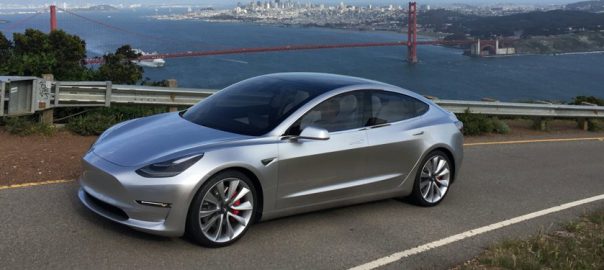Even though the total number of electric cars has been on a steady rise for more than half a decade (and up 38% in the USA in 2016), many organizations and individual consumers still aren’t aware of how electric vehicles compare to traditional gas-guzzlers.
Pros of Electric Cars

They’re Cheaper to Run
Performing basic calculations, the average electric vehicle can save a driver who drives 15,000 miles in a year about $850 annually on fuel. Keep in mind that these estimates have been made without taking any special charging systems into consideration. For EV owners and fleets participating in a smart charging program, the savings can be much higher.
You Can Charge at Home or at Work
One overlooked advantage of electric vehicles is the ability to charge them at home or at a parking lot. People who live in family houses can simply plug in their vehicles after they return home from work, and leave the next morning with batteries fully charged. Fleet vehicles can be charged using smart EV charging systems that offer maximum cost savings, thanks to advanced energy management tools.
There’s No Engine Noise
Noise pollution is detrimental to human health, and the engines of gasoline- and diesel-powered vehicles are among its most significant sources. According to a study published by the National Institute of Environmental Health Sciences (NIEHS),
“Tens of millions of Americans suffer from a range of adverse health outcomes due to noise exposure, including heart disease and hearing loss.”
The same study claims that
“nearly 100 million people in the United States (about 50% of the population) had annual exposures to traffic noise that were high enough to be harmful to health.”
They’re Quick
Most recent speed records have been achieved by electric vehicles. For example, the Tesla Model S P100D hit 60mph in 2.28 seconds, making it the first production car to reach 60mph in under 2.3 seconds. That’s because electric vehicles offer superior power-to-weight-ratios compared to traditional cars.
They’re Environmentally Friendly
Battery electric vehicles (BEVs) don’t produce any tailpipe emissions, which are known to be a serious threat to human and environmental health. In comparison, the average gasoline car produces over 350 grams of CO2 per mile.
Cons of Electric Cars

Some Have Limited Range
At the moment, the biggest perceived negative of battery electric cars is their limited range, which leads to what is known as range anxiety. To give an example, the 2016 Nissan Leaf can travel up to 107 miles on a single charge. The thought of only being able to drive 100 miles on a charge worries a lot of potential customers, who think that the somewhat limited range of electric vehicles isn’t enough to meet their needs.
A Higher Initial Cost
Electric vehicles usually cost more upfront than their gasoline- or diesel-powered counterparts, but they are expected to be cheaper than conventional vehicles by 2022, even if the conventional cars improve their fuel efficiency by 3.5% a year.
Fewer Options to Choose From
New electric vehicles are being introduced on a weekly basis, but it will take years before customers will be able to choose from the same range of models as they can now when it comes to cars with internal combustion engines. After all, the first automobile, Benz Patent Motor Car, started its engine for the first time on New Year’s Eve 1879.
Read more: Fleetcarma
